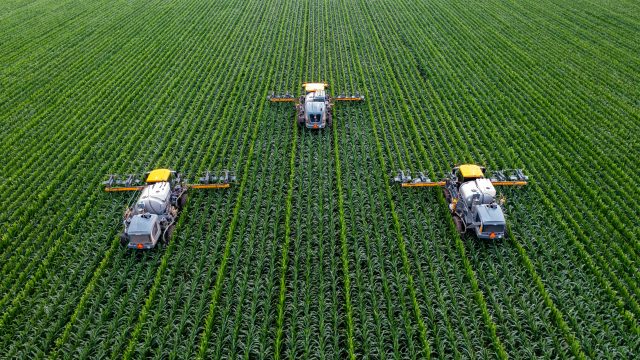Exploring opportunities for green growth in the Greater Mekong
Spanning dusty savannahs, dense rainforests and vast river flows, the Greater Mekong Sub-Region (GMS) is one of the most biologically diverse and agriculturally rich areas of the world. Flowing from its headwaters in the Tibetan plateau down to the Vietnam delta, the Mekong River unites six diverse countries in a collective economic as well as ecological future (Cambodia, the People's Republic of China, Lao People's Democratic Republic (Lao PDR), Myanmar, Thailand, and Vietnam).
Along its route, the Mekong provides direct sustenance to approximately 60 million people who rely on Mekong fisheries and other aquatic resources for approximately 80% of their protein intake, as well as indirectly supporting a regional population of over 300 million by providing water for consumption, irrigation, industry, and travel. Furthermore, the much needed nutrients carried along the Mekong’s course enrich the delta and enable the production of rice, which is the staple crop for much of the region and an important source of income for Vietnam and Thailand - the world’s leading rice exporters.
In close proximity to China, and with its wealth of natural resources, the GMS is one of the fastest growing regions in the world. Projected GDP growth rates range from 5.1% (Thailand) to 8.2% (China) in 2013 - averaging 6.6% across the all six GMS nations, while power demand is expected to triple by 2025.
Today, governments across the region face the immense challenge of developing their economies, alleviating poverty and ensuring social stability, while simultaneously ensuring the health of ecosystems and the services they provide. There is no better time to clearly articulate and mainstream green economy principles in national and regional development strategies, business and investment plans, and the popular mindset.
Exploring new opportunities
To better understand how green economies make good policy and business sense, a regional consultation ‘New opportunities from natural wealth management’ will take place June 17th-20th in Bangkok . This four-day dialogue, convened by a consortium of organising partners, will bring together by invitation-only members of government, corporations, and major development organizations to highlight successful projects, tools, and methodologies to bring lasting financial, environmental, and social stability to GMS citizens and key stakeholders.
The event will launch a systematic public-private dialogue on enabling conditions, available opportunities and practical applications for green economies in the GMS, beginning with following questions:
- How are the terms green economy and green growth truly understood among key decision-makers in the GMS?
- Where is economic valuation of natural capital happening in the region? Has ecosystem service valuation influenced policy; and if so, where?
- Which companies are leading the way with sustainable production and supply/value chain greening in the region? What national policies offer the best incentives for such measures?
- Where do innovative financing mechanisms exist to catalyse the transitions to green economies?
At present, all six GMS nations have pledged support in a 10-year strategic framework to reduce poverty, biodiversity loss, and greenhouse gas emissions through “the development of a green, inclusive, and balanced economy.” Individually, each government has incorporated green growth terms and concepts into its national development plan(s). While rhetoric alone is insufficient to create shift GMS countries to green economies, these articulations are important steps in understanding the multi-faceted paradigm.
For businesses currently working in or considering entering GMS markets, this early stage of transition offers potentially enormous benefits. In a 2011 Joint Ministerial Statement from the Greater Mekong Subregion Economic Cooperation Program, all six GMS representatives pledged to develop agriculture, energy, tourism, and transport sectors according to green economy principles—welcoming companies who can build smart grids, retrofit buildings, introduce smarter vehicles and appliances, and market ecotourism, among other ventures.
Increased access to information on green economy work streams will support public and private sector decision-makers, as well as key civil society organizations, in creating a lasting shift to green economies in the GMS.


